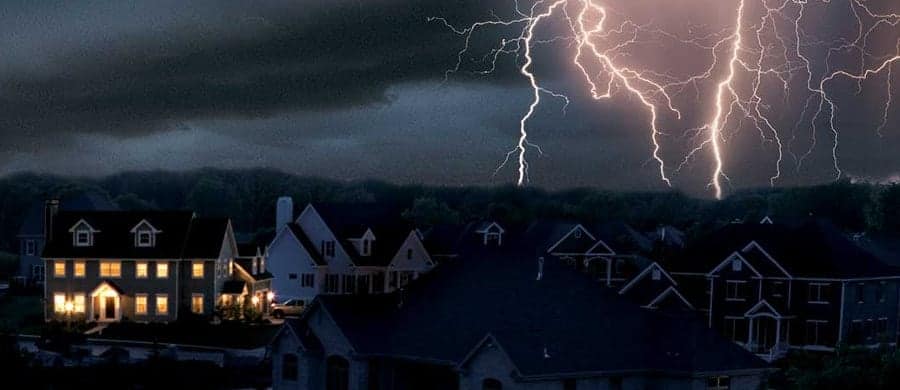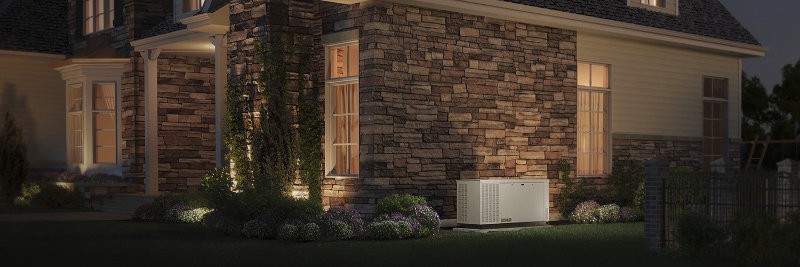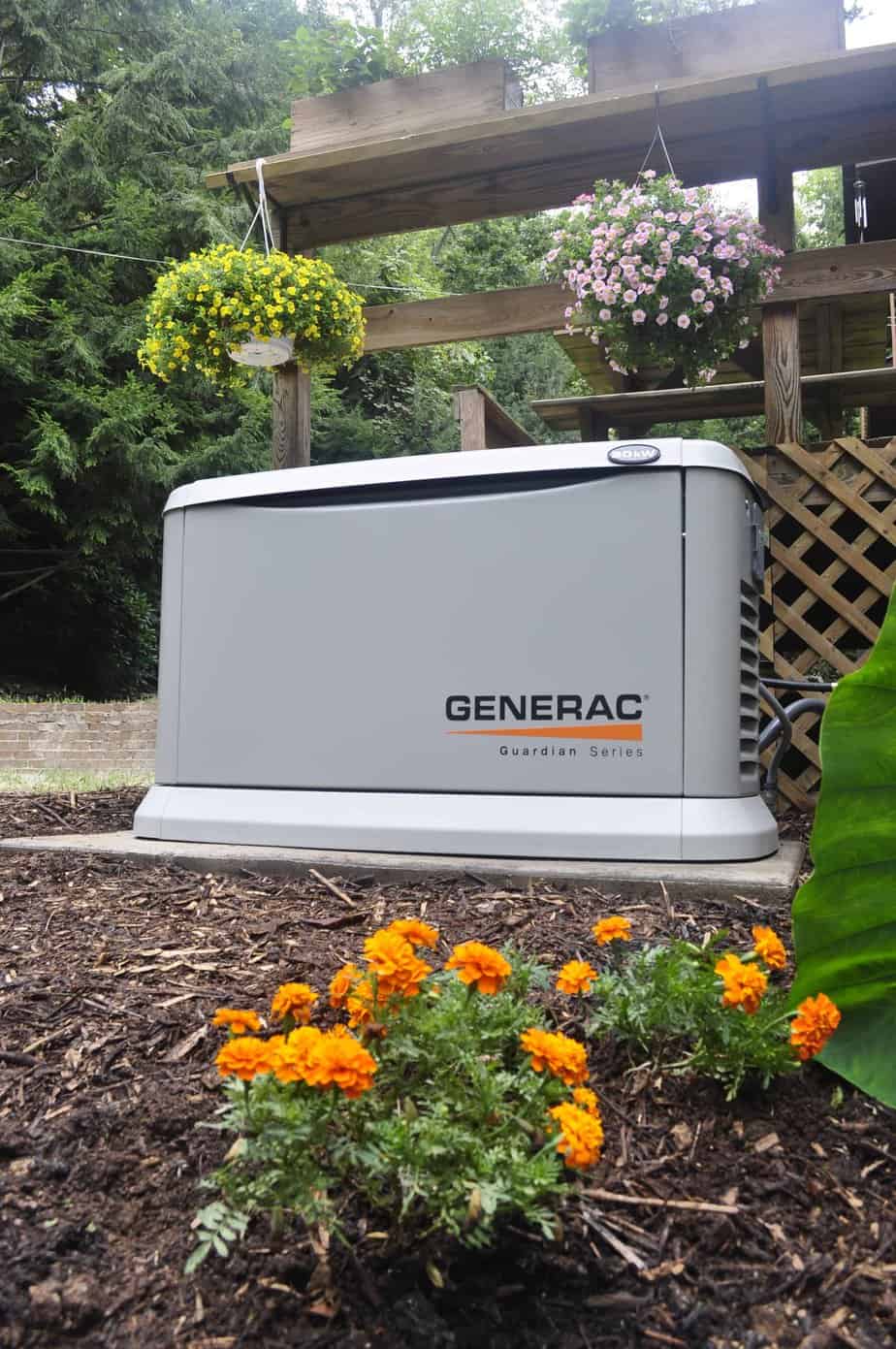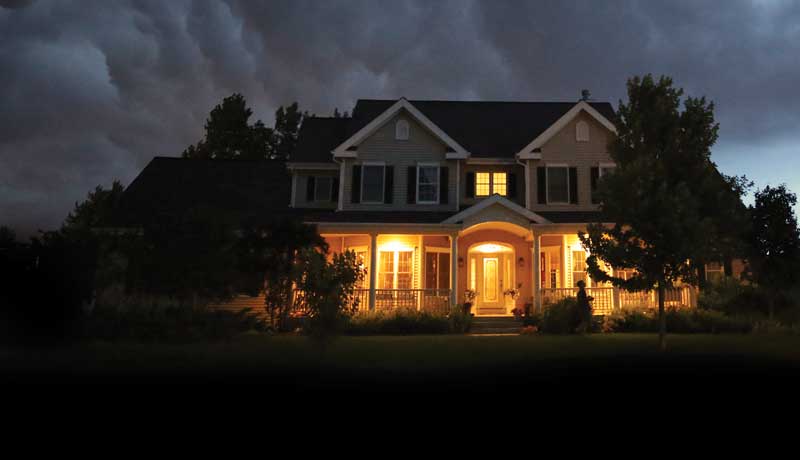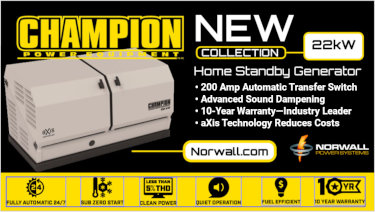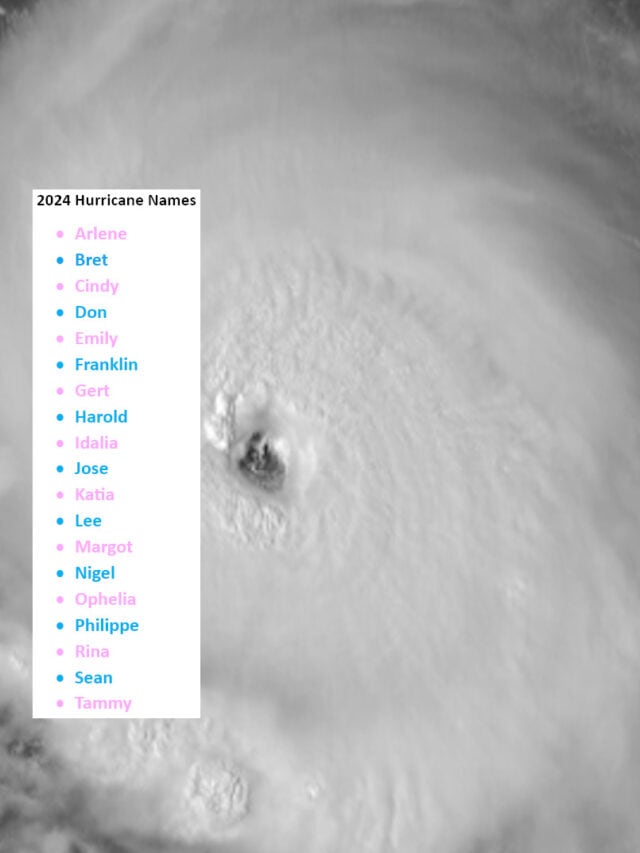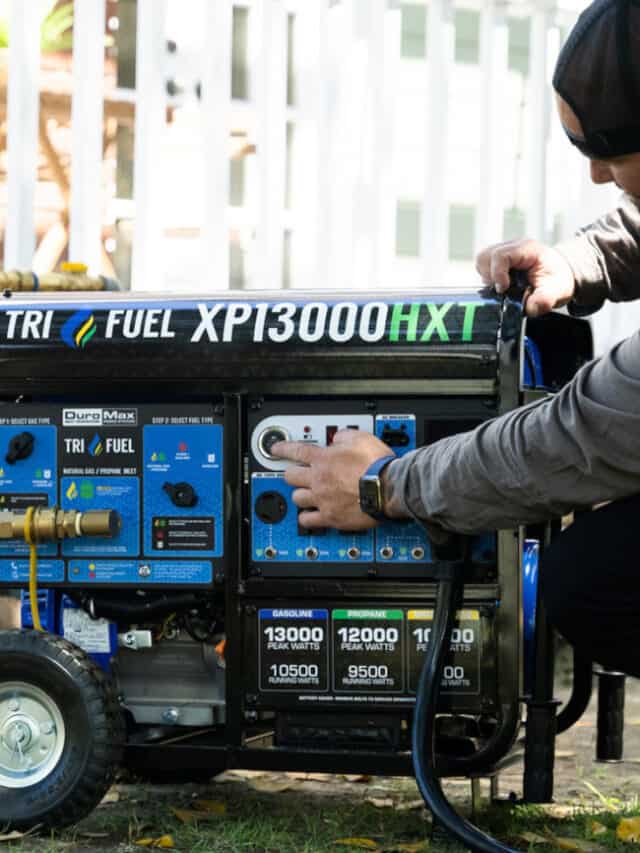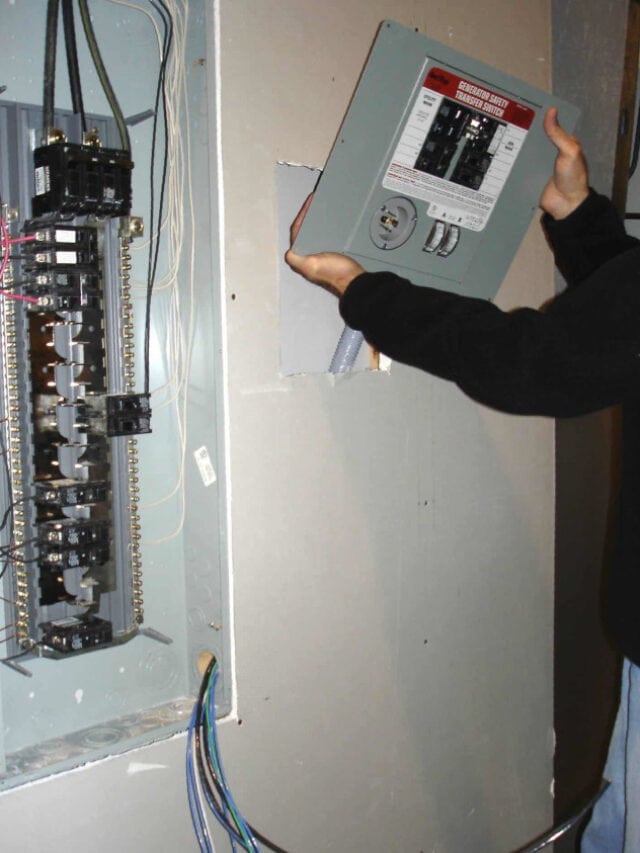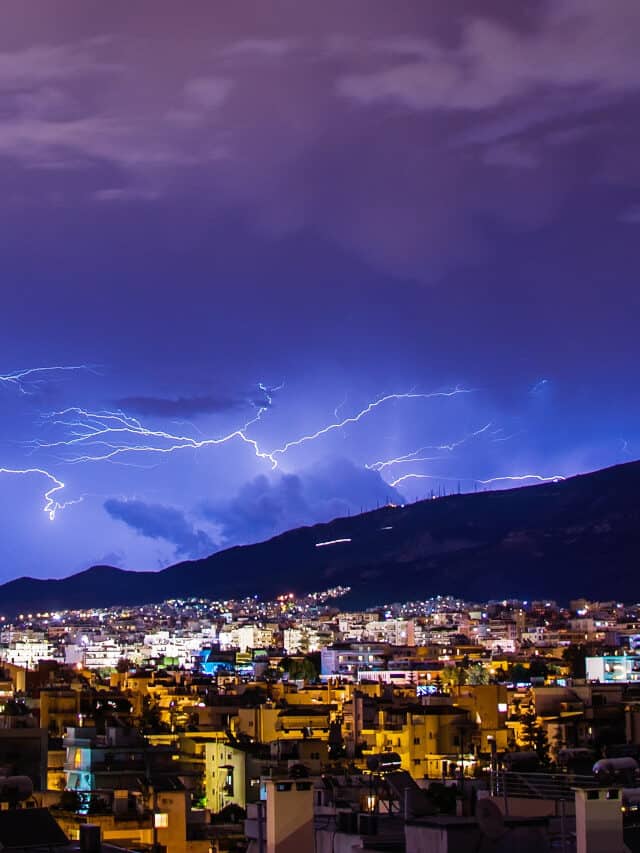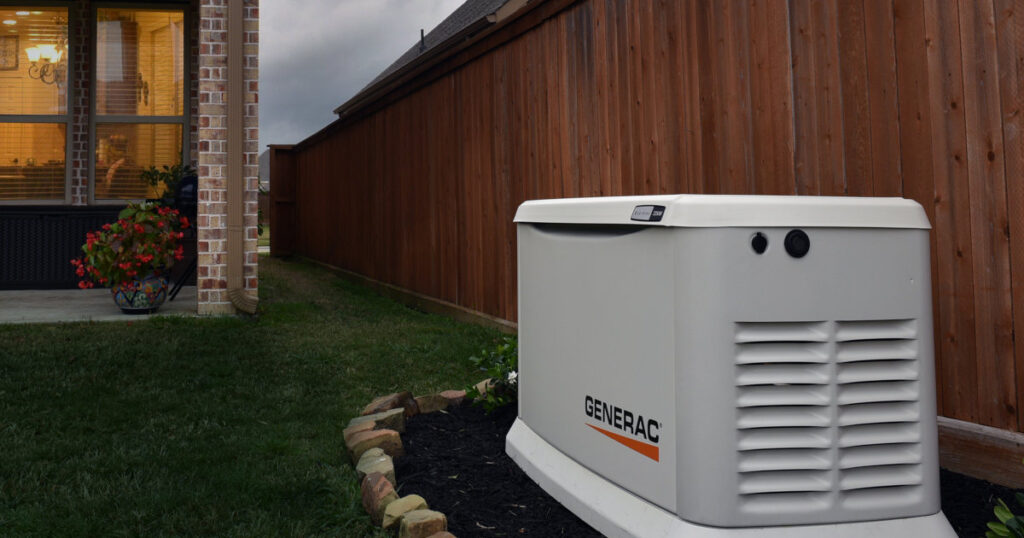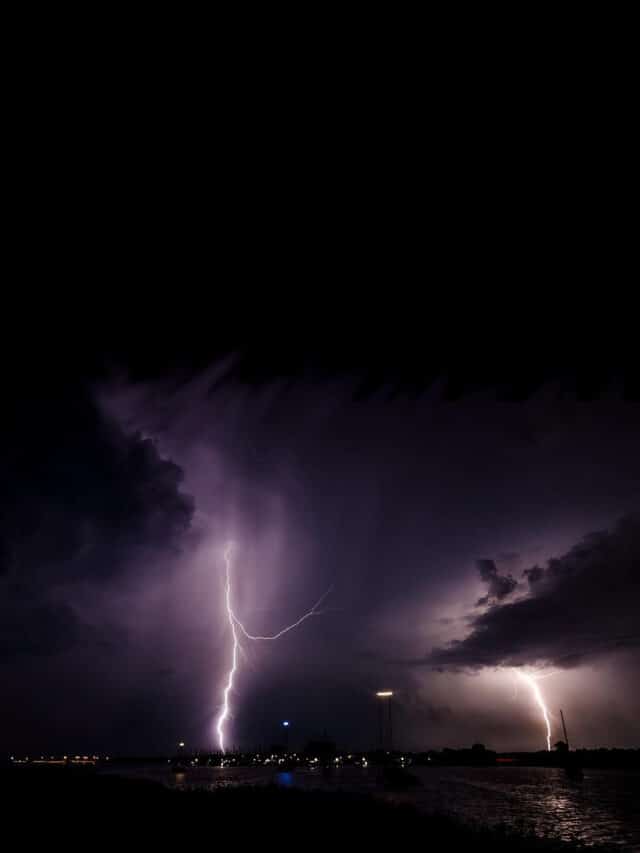Stay Ahead by Adapting to Power Outages and Minimize Losses—Lack of Comfort
Power outages have a way of disrupting lives. Those who prepare and make a plan have a definite advantage over those that don’t. From major disasters like Hurricane Harvey to a blown substation transformer that knocks out power over a wide area, lack of electrical power affects everyone, even those who prepare. Traffic control lights no longer work. Stores, gas stations, and restaurants may close. With the power out, children find themselves home from school and parents must adjust to stay home with the kids or find someone who can.
Adapting to our environment is how humans survived, built villages that turned into towns and cities, and turned to agriculture for our food supply. Adapting through specialization allowed us to advance science and discover how to use the world around us to change the way we live for the better. We’re not perfect and still have a long way to go in some areas, but our ability to adapt to sudden changes and cope with adversity defines our ability to live and thrive.
FEMA Recommends Backup Generators for Emergencies
Adapting in Business
How business owners prepare and adapt varies depending on the type of business the owner operates. For instance, if a service organization loses a day due to a power outage, they probably won’t suffer more than one day of losses. Losing power for more a than a few hours could wipe out the refrigerated and frozen inventory at a small grocery store, restaurant, or other small food-industry business.
Liquid-Cooled Standby Generators
Adapting to the outage might allow a business to stay open. An Arizona steakhouse lost power during a storm but kept taking orders and serving customers. The power outage meant nothing electric worked and all the electronic systems were down. They set up flashlights on tables, wrote order tickets by hand and totaled receipts by hand. Payment via Four Square on cell phones made it possible to process credit cards.
That restaurant stayed open for business on a Saturday night because they adapted instead of closing their doors. Many restaurants rely on weekend crowds for a large portion of their business. Closing could mean losing a quarter to a third of that week’s receipts.
Cummins Power Connect Commercial Backup
Dealing with Power Outages at Home
When the power goes out, homeowners must often adapt to the outage. Standby generators can offer relief, but not every generator provides the same level of coverage. Some homeowners choose small generators designed to keep essentials like refrigerators and sump pumps running but don’t provide enough power for every circuit in the house.
Consumer Reports Ranks Champion Standby a Best Buy
Adapting in this instance might mean cooking on the grill outside, running an extension cord for the television, or using some candles or battery lanterns instead of turning on electric lights.
Each situation presents different challenges. In the north, an extended outage when temperatures dip below zero could result in frozen pipes. With only a portable generator that won’t connect to the home’s heating system, a family might run space heaters on heavy duty extension cords. Adapting their system to future outages, the family might install a transfer switch that allows their generator to run the furnace.
Cooking Meals During Power Outages
First Line of Defense—Preparation
According to the Federal Emergency Management Agency (FEMA), every homeowner should consider some form of backup power. Standby Generators are the easiest and simplest to use. They run automatically, don’t require refueling, and can power through an outage lasting for days or even weeks. Liquid-cooled models can power everything in a large, luxury home. Air-cooled units might only power a few necessities or the entire house depending on their capacity.
Nationwide Best Seller: 22-Kilowatt Generac 70432 Whole House Standby
When a standby generator installation isn’t possible for local code reasons or at rental properties, the portable generator makes a viable alternative. With a manual transfer switch, the furnace will operate. It takes a large portable to power central air conditioning. A landlord might allow the installation of a manual transfer switch if the renter pays for it. If not, then the tenant must use a generator cord or extension cords to bring power into the house.
Note: Never operate a generator or any internal combustion engine indoors. Carbon monoxide poisoning can happen in just minutes.
Home Standby Generator Buyer Guide

